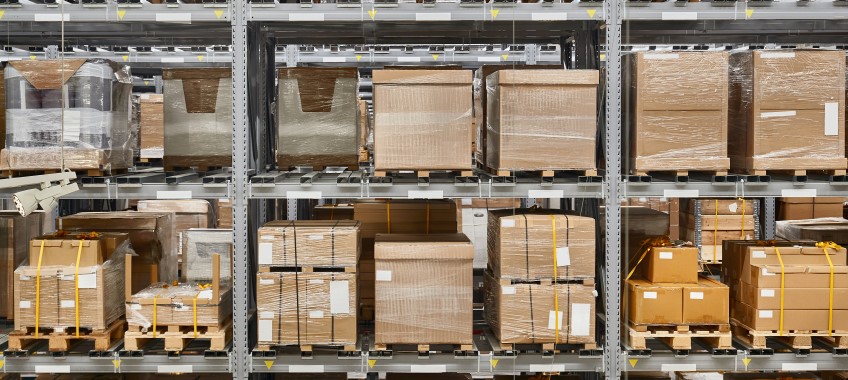How can e-commerce transports become more sustainable?

The growth of e-commerce has been almost explosive, with turnover nearly quadrupling over 10 years, and this upward trend is continuing. Considering this and bearing in mind Swedish objectives regarding reduced climate impact, the government has tasked Transport Analysis with analysing the shipping and travel activity generated by e-commerce.
The report discusses various potential measures to consider and, if necessary, further examine with a view to make e-commerce shipments, and related travel, more efficient.
Development of statistics regarding goods shipments
Reliable statistics that can be used to capture the traffic and shipping volumes attributable to e-commerce are currently lacking. Transport Analysis consequently perceives a need for continued method development to expand access to statistics regarding distribution traffic and e-commerce shipments. One possibility is to conduct, in collaboration with various selected companies, a pilot study of the potential of using market actors’ own data to generate such statistics.
More sustainable purchasing behaviour among customers
E-commerce customers affect how purchased goods are distributed and delivered by choosing among different delivery options. At the same time, the e-commerce customer often has limited options in terms of finding out what environmental effects these various options have. Transport Analysis consequently proposes that the government should consider and, if necessary, further study whether and how e-commerce companies could be required to offer less environmentally impactful delivery options as the first choice, and/or to provide information to customers regarding the climate effects of the various delivery
options. Another possible measure would be to task the Swedish Consumer Agency with informing e-commerce consumers about how they can conduct e-commerce more sustainably.
Increased knowledge of physical planning for efficient e-commerce deliveries
Swedish municipalities have an important role to play in designing cities and densely populated areas to enable efficient goods shipments, including e-commerce deliveries. Many municipalities perceive a need to adapt their spatial and traffic planning to enable efficient e-commerce deliveries but complain that they currently lack sufficient knowledge to implement actual measures. Desires have been expressed for a national conference in which the municipalities could acquire new knowledge and exchange relevant experience. Another idea is to create a platform where private and public actors could come together to discuss the distribution and delivery solutions that offer the best means of contributing to sustainability in the future.
Industry-wide roadmap
The aforementioned platform would be intended to accumulate more knowledge of sustainable distribution and delivery solutions for e-commerce. However, during this investigation we also perceived a need to coordinate industry actors around measures for more sustainable e-commerce shipments. One possibility is to create a roadmap similar to those presented by various industries within the government’s Fossil-Free Sweden initiative. The idea is that the government would take the initiative to create the roadmap, while the e-commerce industry and parcel distributors would be invited to jointly create a plan that these actors could then collectively stand behind and implement.
Other measures
Many e-commerce deliveries are made via the regular postal service. How the universal postal service is organised and regulated is thus significant in terms of how efficiently that share of e-commerce shipments can be made. It is therefore important, in the upcoming review of postal legislation that the government has announced, to consider how such regulations can be designed to create conditions favouring the climate-efficient distribution of letters and parcels.
Finally, we can see that the e-commerce industry’s problems with inefficient packaging and extensive returns (which are often managed inefficiently) have recently been paid greater attention. Transport Analysis believes that market actors will, in the long run, solve these problems as the industry matures and the focus shifts from rapid growth to longer-term profitability.
